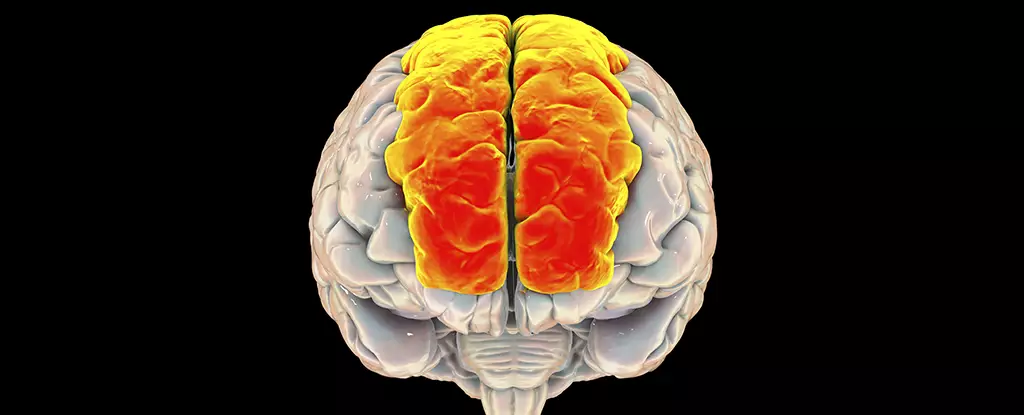A recent study conducted on sheep suggests that a ‘megadose’ of a salt made from vitamin C could potentially reverse the extensive harm that sepsis can trigger in the brain. Sepsis is a life-threatening condition caused by the body’s extreme response to an infection. It can lead to damage in vital organs, cognitive impairment, disability, and in some cases, even prove fatal. In severe cases of sepsis, known as septic shock, vitamin C levels in the blood are significantly reduced.
Researchers from the University of Melbourne in Australia decided to test the effects of high doses of vitamin C’s salt, sodium ascorbate, on animals with sepsis. The results of the study were remarkable, with cardiovascular physiologist Clive May stating, “I have never seen such a dramatic response to treatment as occurred after we intravenously administered a megadose of sodium ascorbate to our clinically relevant large animal model of sepsis.”
Sepsis has a significant impact on the frontal cortex of the brain, affecting the control of the body’s movements, speech, and emotional expression. The decrease in oxygen levels and blood flow in this region can lead to cognitive difficulties, delirium, and even coma. The study showed that the administration of sodium ascorbate could reverse these trends, resulting in improved cognitive function and overall brain health.
While the exact biological mechanisms are still unclear, the study observed an increase in plasma vitamin C levels after treatment with sodium ascorbate. The researchers noted a significant improvement in the behavior of sheep with induced sepsis, indicating a positive effect of the treatment on the brain. The anti-inflammatory properties of vitamin C, along with its ability to regulate the immune system, likely contribute to its effectiveness in reversing sepsis-induced brain damage.
The next steps involve testing the effects of sodium ascorbate on humans with sepsis and determining the safe dosage that can deliver the same benefits without causing any adverse effects. Previous clinical trials on vitamin C as a treatment for sepsis have produced mixed results. However, this new research brings hope for finding an effective and universally beneficial treatment for sepsis-induced brain damage. The research team has conducted a small clinical trial on sodium ascorbate as a sepsis treatment, with further phases currently underway.
The study on the use of sodium ascorbate in reversing brain damage caused by sepsis shows promising results. The ability of vitamin C to improve cognitive function and overall brain health in sepsis patients could potentially revolutionize the treatment of this life-threatening condition. Further research is needed to elucidate the underlying mechanisms and establish the optimal dosage for maximum efficacy and safety.


Leave a Reply